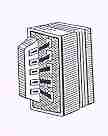
Online Gift Store
Celebrated Polkas by Pietro Deiro
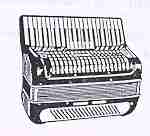
 |
The Classical Free-Reed, Inc. Online Gift Store Celebrated Polkas by Pietro Deiro |
 |
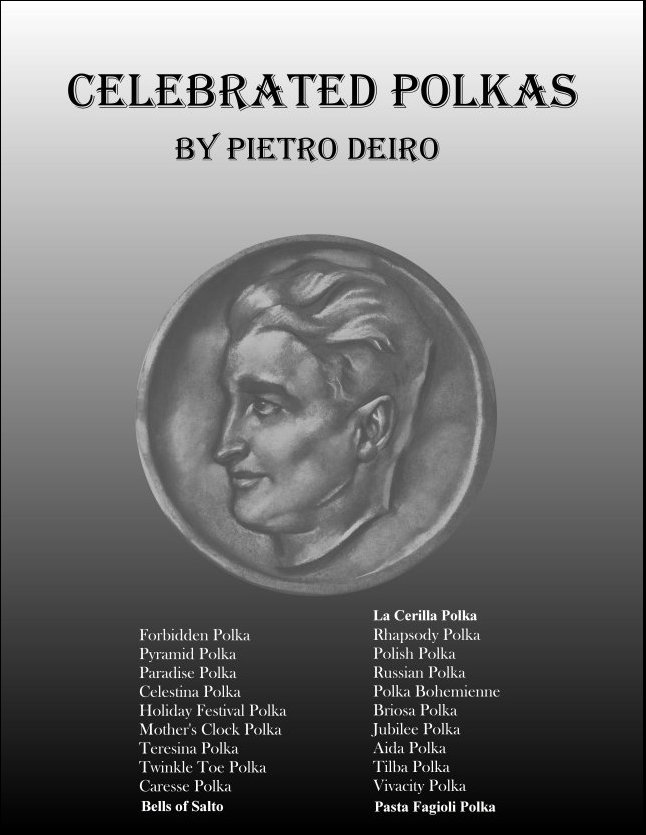
Item Description:Printed Music Book: Celebrated Polkas by Pietro Deiro.
21 Polkas. 40 pages. Book measures 8.5 x 11 inches. Softcover.
Forbidden (Proibita) Polka
Pyramid Polka
Paradise Polka
Celestina Polka
Holiday (Festival) Polka
Mother s Clock Polka
Teresina Polka
Twinkle Toe Polka
Caresse Polka
Rhapsody Polka
Polish Polka
Russian Polka
Polka Bohemienne
Briosa Polka
Jubilee Polka
Aida Polka
Tilba Polka
Vivacity Polka
Bells of Salto
Pasta Fagioli Polka
El Cerilla (The Bird) Polka
Limited edition printing of Pietro Deiro's 21 polkas, same as the polkas played by Henry Doktorski on his compact disc Celebrated Polkas by Pietro Deiro.
Now you can read along or play along with Doktorski's CD. This is not a new typesetting; it consists of professionally-bound copies of the original sheet music published in the 1930s, 40s and 50s. All left-hand parts notated in bass clef, except for Vivacity Polka (in treble clef).
To listen to MP3 sound files of Doktorski playing Pietro's 21 polkas, Click Here.
Collector's item. A veritable treasure for the music library of the distinguished accordion aficionado.
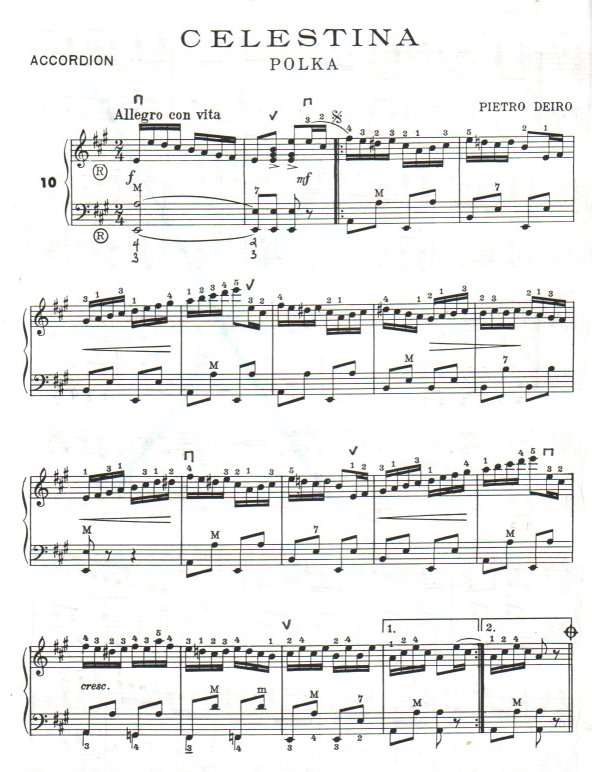
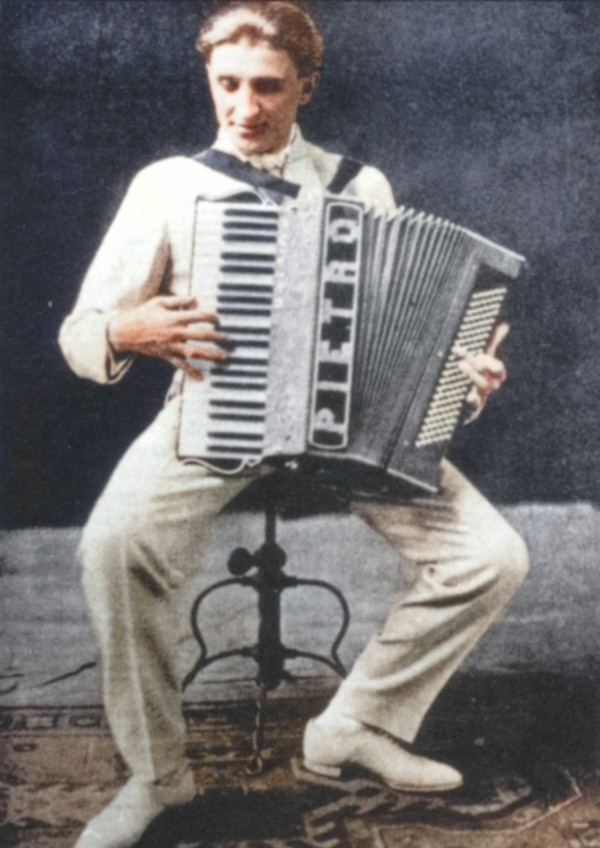
Pietro Deiro (1888-1954) is considered one of the greatest and most influential accordionists of the first half of the twentieth century. Born in Salto, Italy, he immigrated to the United States in 1907, and in 1908 began to play the diatonic button-accordion professionally at a saloon in Seattle, Washington.
That same year Pietro s older brother Guido (already an accomplished piano-accordionist in Europe) also immigrated to the United States, and there in Seattle he taught Pietro how to play the piano-accordion. Guido was a sensation and became a vaudeville star in 1910. Pietro, recognizing a good thing, followed in his brother s footsteps, and also became a celebrity on the vaudeville circuit at least by 1912. He earned up to $500 per week: a phenomenal income in those days.
One contemporary 1921 newspaper reviewer praised Pietro s musicianship: What Paderewski is to the piano, Spalding to the violin, and Hans Kronol to the cello, Pietro is to the piano-accordeon. This man takes this instrument, which recently has attained a dignified standing among musicians, and gives it a human voice, a voice that is alive with joy, and dragged down to the depths of sorrow.
Pietro recorded 78 RPM records for Victor and Decca: a total of 147 sides during his career, beginning in 1912. Amazingly, Pietro enjoyed a flourishing recording career even during the Great Depression a remarkable achievement, considering the doldrums the record industry was in at the time. Pietro dominated the solo accordion category in Victor s 1930 Italian catalog with a full eighteen sides (Pietro Frosini could only muster ten).
When the vaudeville industry began to decline, Pietro a shrewd businessman established a music studio in 1928 in Greenwich Village, New York, which attracted so many students that he had to hire a staff of professional teachers. Eventually he established a chain of accordion studios on the East coast.
Recognizing early on that his students needed sheet music, Pietro established the music publishing firm Accordion Music Publishing Company (AMPCO), later known simply as Pietro Deiro Publications. Pietro composed over 200 original works for the accordion and arranged countless other pieces.
Pietro was popular and influential. He appeared as a regular columnist for general music publications such as The Etude and Metronome magazines, and he participated prominently in the main accordion journals of the 1930s and 1940s such as Accordion World and Accordion News. He published his own newsletter called The Pietro Musicordion, he produced his own radio show, and he established a record company devoted to the accordion: AMPCO Records.
In 1936 Italian accordion manufacturers presented him with a parchment scroll and gold plaque for his contributions toward the advancement of the instrument. Pietro was one of the founding members of the American Accordionists Association (created on March 9, 1938), and was elected the association s first president by the board.
One modern scholar, Peter Muir, explained: He [Pietro] effectively became the premiere accordionist in America, a sort of legendary father-figure whose status was embodied by his nickname The Daddy of the Accordion, which he carefully cultivated from early in the decade [beginning in 1930].
How to Order Please contact the author at
Back to Online Gift Store